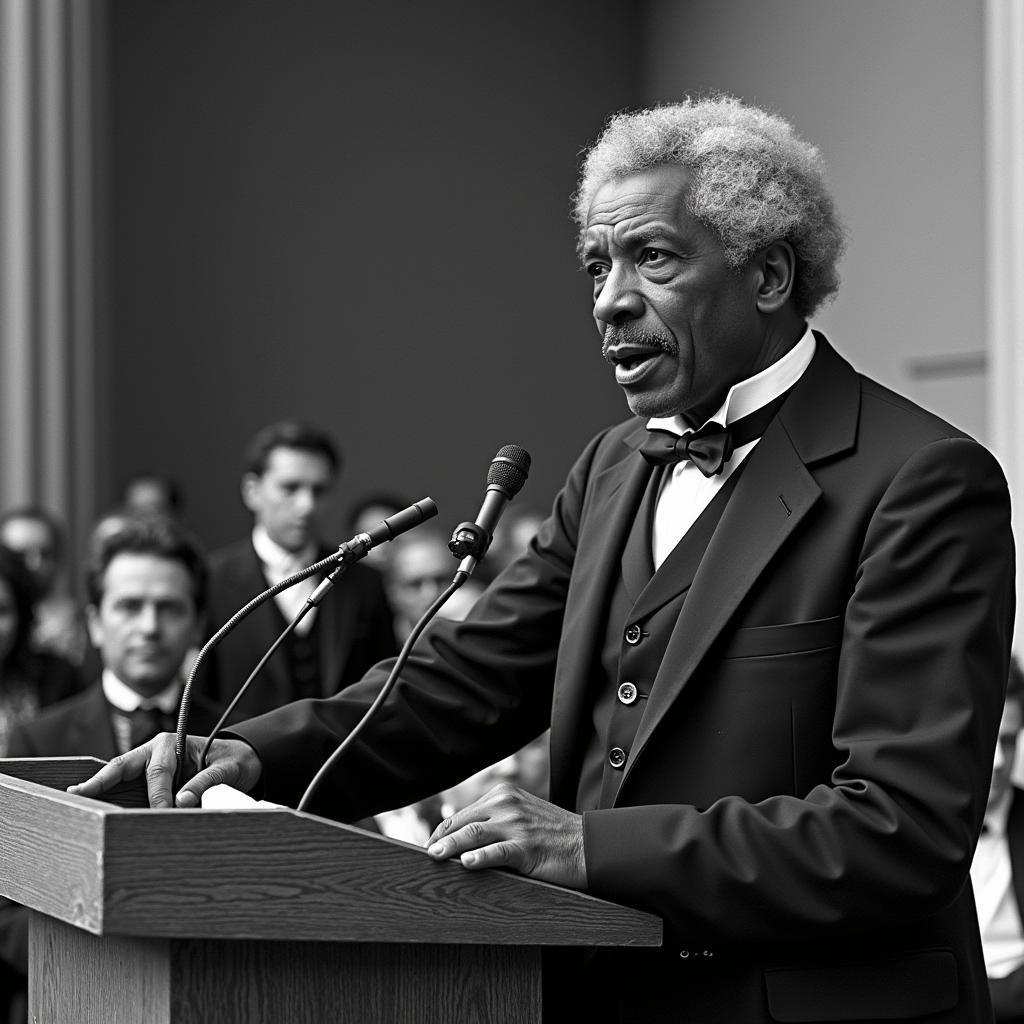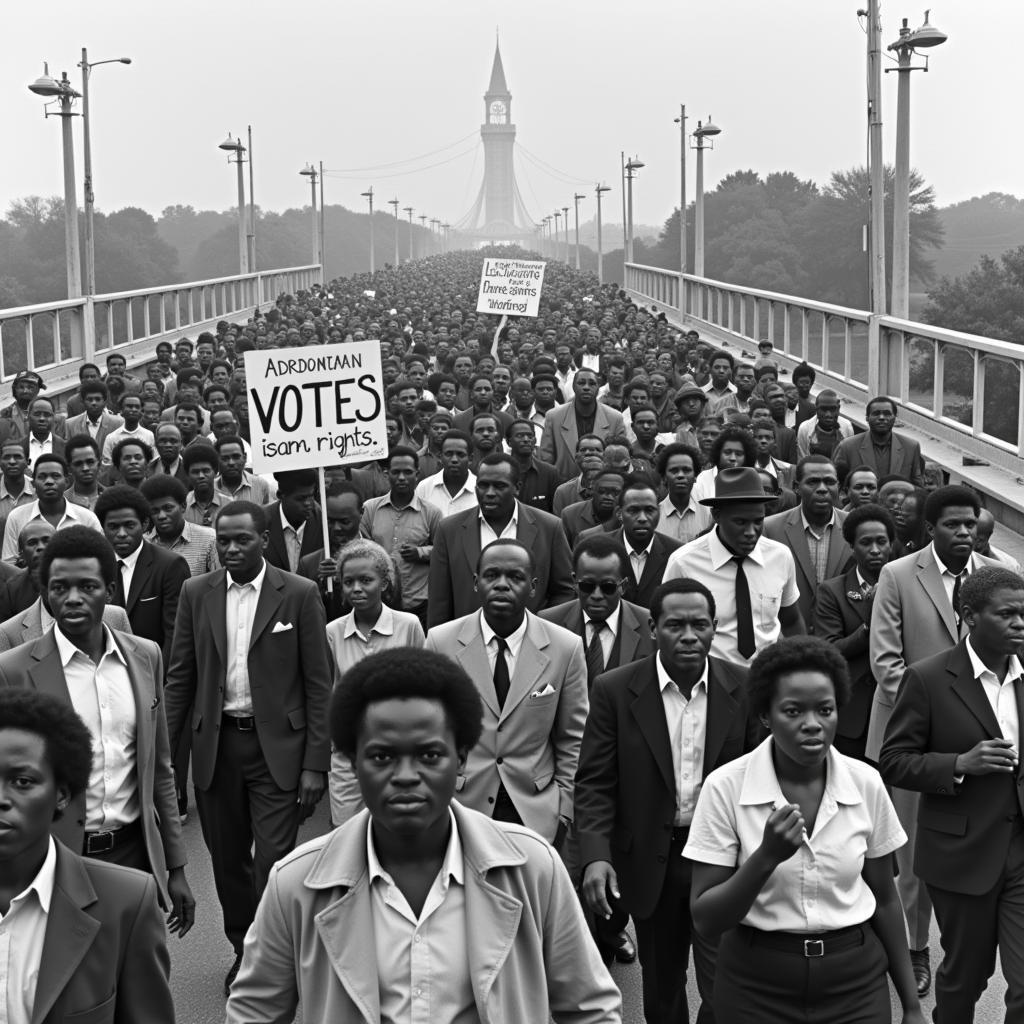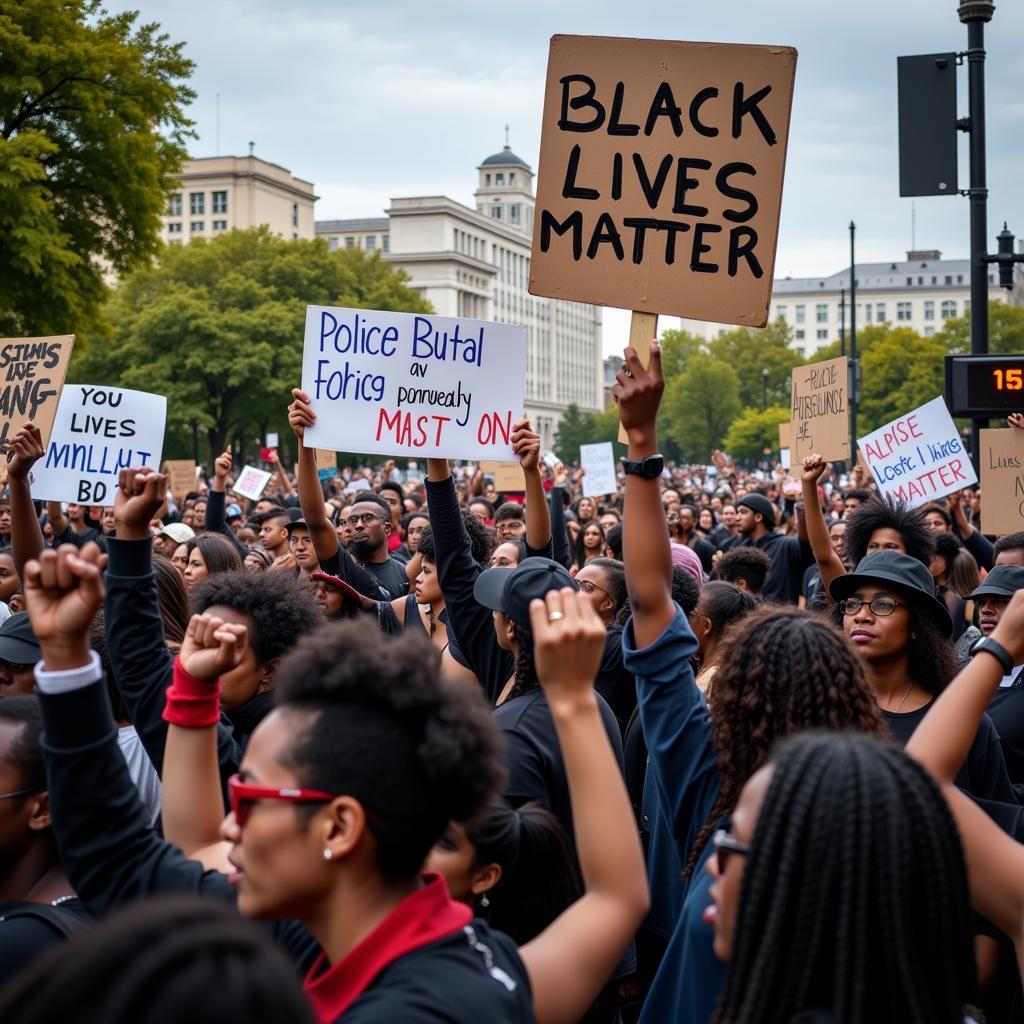A Legacy of Courage: African American Rights Activists
The fight for racial equality in the United States has been long and arduous, marked by the tireless efforts of countless individuals who dared to challenge the status quo. Among them, African American Rights Activists stand out for their unwavering commitment to justice, often facing immense danger and persecution in their pursuit of a more equitable society. Their stories, interwoven with resilience, sacrifice, and unwavering hope, offer a powerful testament to the human spirit’s capacity for change.
Early Voices of Resistance: Laying the Groundwork for Change
The struggle against racial injustice in America predates the nation’s founding, finding its roots in the horrors of slavery. Early African American activists, often fueled by faith and a profound sense of injustice, rose to prominence through various avenues. Figures like Frederick Douglass, a formerly enslaved man who became a powerful abolitionist orator and writer, used their voices to expose the brutality of slavery and advocate for its abolition.
Harriet Tubman, a conductor on the Underground Railroad, risked her life repeatedly to guide enslaved people to freedom, embodying the spirit of resistance and compassion that characterized the movement. These early pioneers not only fought for immediate change but also laid the groundwork for future generations of activists who would continue the struggle for full citizenship and equal rights.
 Frederick Douglass Delivering a Speech
Frederick Douglass Delivering a Speech
The Civil Rights Movement: A Turning Point in the Fight for Equality
The mid-20th century witnessed a surge in activism that would forever alter the landscape of American society: the Civil Rights Movement. This era saw the rise of iconic leaders like Dr. Martin Luther King Jr., whose philosophy of nonviolent resistance inspired millions to join the fight for racial equality. The movement’s impact extended far beyond desegregation, challenging systemic racism ingrained in every facet of American life.
From the Montgomery bus boycott, sparked by Rosa Parks’s refusal to give up her seat to a white man, to the Selma to Montgomery marches, where activists faced brutal police violence while demanding voting rights, the Civil Rights Movement showcased the power of collective action and peaceful protest in the face of oppression.
 Protesters Marching for Voting Rights in Selma
Protesters Marching for Voting Rights in Selma
Beyond the Headlines: Recognizing the Diverse Faces of Activism
While figures like Dr. King and Malcolm X often take center stage in historical narratives, it’s crucial to recognize the diverse range of individuals who contributed to the fight for racial justice. African American struggle leaders emerged from all walks of life, each bringing their unique experiences and perspectives to the movement.
For instance, Ella Baker, a tireless organizer and strategist, played a pivotal role in shaping the movement from the grassroots level, empowering communities to fight for their own liberation. Similarly, Fannie Lou Hamer, a sharecropper turned voting rights advocate, demonstrated immense courage and resilience in the face of intimidation and violence, her story highlighting the often-overlooked contributions of Black women in the movement.
The fight for equality also embraced diverse ideologies and tactics. While some, like Dr. King, advocated for nonviolent resistance, others, like the Black Panther Party, adopted a more militant stance, challenging police brutality and advocating for self-defense. This diversity of thought and approach underscores the complexity of the movement and the multifaceted nature of the struggle for racial justice.
A Continuing Struggle: Reflecting on the Past, Shaping the Future
The legacy of African American rights activists continues to resonate deeply in contemporary society. While significant progress has been made since the Civil Rights Movement, the fight for racial equality is far from over. Systemic racism persists in various forms, from disparities in education and healthcare to police brutality and mass incarceration.
However, the spirit of activism, ignited by generations past, remains a powerful force for change. Today’s activists, inspired by the courage and sacrifices of their predecessors, continue to challenge injustice and inequality, utilizing new tools and strategies to address contemporary challenges. From the Black Lives Matter movement, which has brought renewed attention to police brutality and systemic racism, to the fight for voting rights and economic justice, activism remains essential in dismantling oppressive systems and creating a more just and equitable future for all.
 Black Lives Matter Protest for Racial Justice
Black Lives Matter Protest for Racial Justice
Conclusion
The fight for racial equality in the United States is a testament to the enduring power of hope, resilience, and the unwavering pursuit of justice. African American rights activists, throughout history, have played a pivotal role in challenging systemic racism and advocating for a more equitable society. Their stories serve as a powerful reminder that the struggle for justice is an ongoing process, demanding constant vigilance, unwavering commitment, and a collective effort to dismantle oppressive systems and create a future where equality reigns supreme.
You can learn more about the historical contributions of African American leaders by exploring these resources:
- Explore the inspiring journeys of African American struggle leaders.
- Dive into the complexities of African American struggle for equality leadership.
- Discover powerful narratives in African American historical fiction books.
- Celebrate the accomplishments of African American female leaders who shaped the movement.
- Learn about the impact of African American Nobel Peace Prize winners and their contributions to global peace.
Remember, the fight for equality is a collective responsibility. By learning from the past and actively participating in the present, we can create a future where the dream of racial justice becomes a reality for all.
